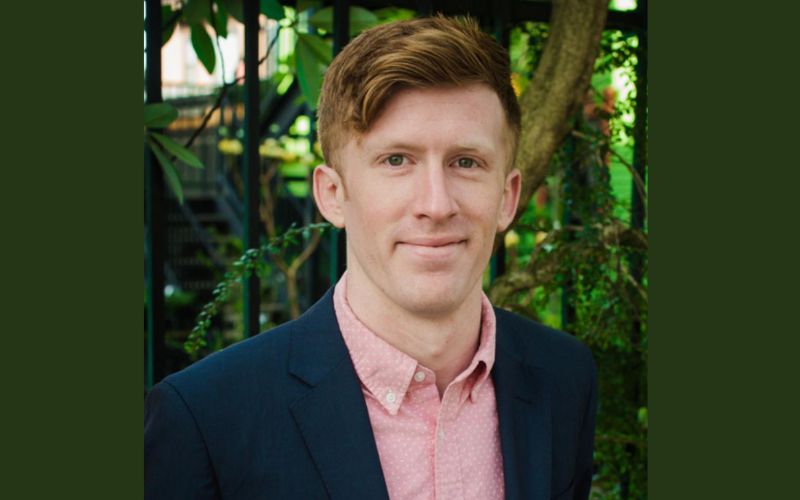The nonprofit Microdosing Collective announced the addition of Sam Chapman as its new policy and development director.
“With more than 15 years of experience in progressive drug policy reform and a strong track record in fundraising and campaign management, Chapman brings invaluable expertise to the organization’s mission of establishing legal frameworks for microdosing psychedelics,” the collective said in a news release.
According to the RAND Corporation, an estimated 3% of American adults – about 8 million people – used psilocybin in 2023, with nearly half opting for microdoses. Internet searches for microdosing have increased by 1,250% since 2015. At the same time, the CDC has reported 169 illnesses including 66 hospitalizations and two potentially associated deaths from the consumption of microdosing products, highlighting the challenges faced in an unregulated market.
Chapman, known for his contributions to Oregon’s groundbreaking psychedelic-policy reforms and success as the founding executive director of the Healing Advocacy Fund, joins the Microdosing Collective at a time when interest in microdosing for wellness is rapidly growing. His appointment signifies the organization’s commitment to shaping responsible and informed policies around microdosing while bolstering its fundraising capabilities, the collective noted.
“We are thrilled to welcome Sam to our team,” said Paul Austin, co-founder of the Microdosing Collective. “Sam’s extensive experience in psychedelic-policy reform, his remarkable fundraising achievements and his success in Oregon make him the ideal person to lead our policy initiatives. His expertise will be invaluable as we work towards creating a legal and safe framework for microdosing.”
As policy and development director, Chapman will lead efforts to create momentum around changes to state and federal policy to support the legalization of microdosing. His work will focus on developing regulatory frameworks that differentiate microdosing from higher, consciousness-altering doses of psychedelics.
Additionally, Chapman’s fundraising expertise will play a crucial role in securing the resources needed to advance the collective’s mission, the organization noted.
“Joining the Microdosing Collective represents an exciting new chapter in my career dedicated to expanding access to safe and affordable psilocybin therapy,” said Chapman. “I’ve witnessed the transformative potential of psychedelic medicines, and I believe microdosing represents a crucial frontier in mental health and wellness. I’m eager to leverage my experience in policy reform, fundraising, and strategic partnerships to advance the Collective’s mission and create a future where microdosing is not only legal but also safely regulated and accessible to those who can benefit from it.”
The Microdosing Collective says it’s the first nonprofit in the United States dedicated to establishing a legal framework for microdosing psychedelics.
“With Chapman’s addition, the organization is poised to make significant strides in its mission to create a world where sub-perceptual supplementation of psychedelics is safe, legal and accessible to everyone,” the collective asserted in a news release.

